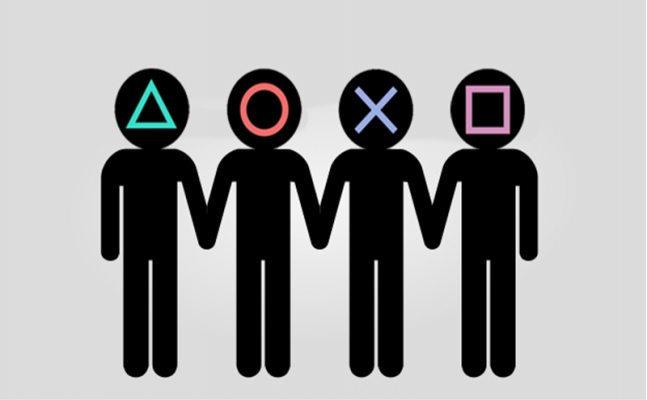World Alzheimer’s Day 2020: Remember those, who can`t remember
- Gayatri
- Monday | 21st September, 2020
1.jpg)
Alzheimer’s is a progressive disorder responsible for the loss of brain cells and neural circuits leading to cognitive decline.
Dr Rajul Aggrawal, senior consultant, neurologist, Sri Balaji Action Medical Institute, New Delhi says, forgetting things and finding it hard to recall incidents are often considered to be normal owing to one’s busy schedule. But these can be early symptoms of Alzheimer’s, a common type of dementia which leads to gradual memory loss and thinking ability. Alzheimer’s is mostly found in the age group of 50 to 60 years, but it is not a part of ageing.
WHO confirms that there are around 50 million people suffering from dementia, and that there are around 10 million new cases every year. On World Alzheimer’s Day, annually observed on September 21, aims to raise awareness about the condition.
Signs and symptoms:
Alzheimer’s is a progressive disorder responsible for the loss of brain cells and neural circuits leading to cognitive decline. It reflects symptoms like
*Finding it difficult to recall events and occasions
*Affects one’s ability to think properly
*Trouble in decision-making
*Misplacing things more often
*Trouble to find the right words to convey one’s thought
*Constant forgetfulness
*Slurring while talking and problem in speech.
Dr Amit Srivastav, senior consultant, Neurology, Dharamshila Narayana Superspeciality Hospital explains why early diagnosis is paramount. “At the pathological level, there is an accumulation of abnormal proteins around the brain cells, which leads to its destruction. He said that there is no exact mechanism is not elucidated till now, but multiple factors like genetic, lifestyle and environmental factors seem to be at play. There is no permanent cure for this disease, only one solution is their have proper prescribed medicines, and therapies by concerned doctors.
There are some lifestyle-related Alzheimer’s that may not be directly responsible for Alzheimer’s. Avoid smoking and excess consumption of alcohol; take the required amount of sleep, consume antioxidants, fresh fruits and vegetables in your daily meals, and walk for at least 30 minutes daily. Never ignore stress, depression, and other mental health-related issues. Keep a positive approach to life and follow a healthy lifestyle. Keep your blood pressure, diabetes under control, and engage with society and try to keep your brain as active as possible.

If You Like This Story, Support NYOOOZ
Your support to NYOOOZ will help us to continue create and publish news for and from smaller cities, which also need equal voice as much as citizens living in bigger cities have through mainstream media organizations.


.png)
1.png)
.png)
.png)





